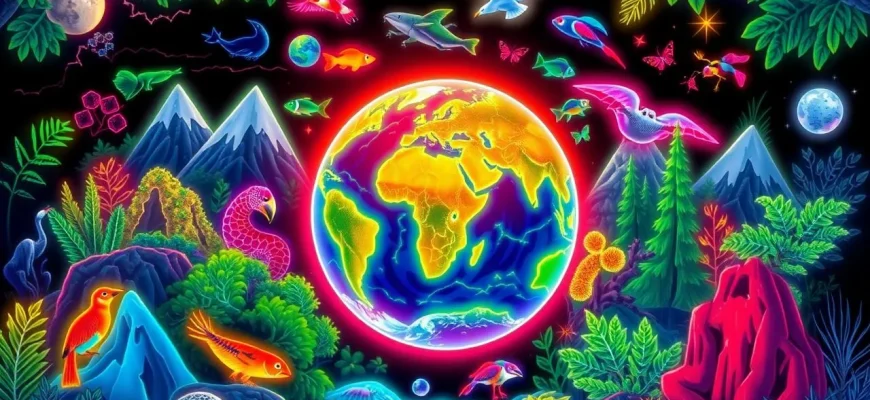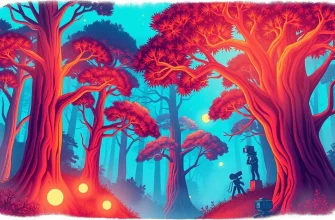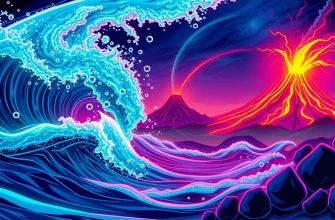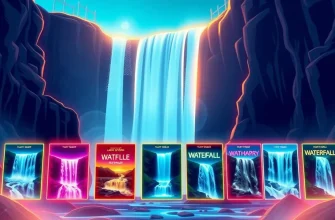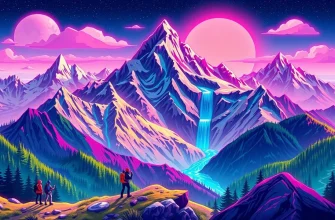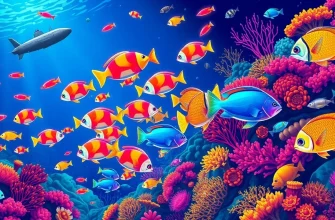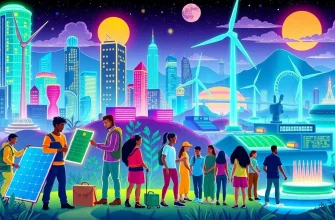Delving into the intricate web of life on our planet, these documentaries offer a window into the diverse ecosystems that make Earth so unique. From the depths of the oceans to the peaks of the mountains, these films not only entertain but also educate, fostering a deeper appreciation for the natural world and the urgent need for its conservation. Here's a selection of ten documentaries that capture the essence of ecosystems in all their glory.
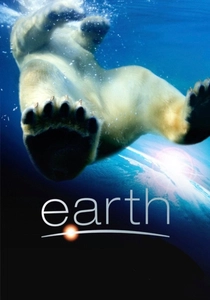
Earth (2007)
Description: Narrated by Patrick Stewart, this film uses footage from the "Planet Earth" series to tell the story of three animal families and their journeys through various ecosystems.
Fact: The film was released in conjunction with Earth Day, aiming to inspire environmental awareness.
 Watch Now
Watch Now

The Cove (2009)
Description: While not strictly about ecosystems, this film sheds light on the impact of human activity on marine life, focusing on the dolphin hunting in Taiji, Japan, and the broader implications for ocean ecosystems.
Fact: The film won the Academy Award for Best Documentary Feature in
 Watch Now
Watch Now
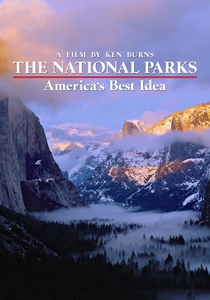
The National Parks: America's Best Idea (2009)
Description: This series by Ken Burns explores the history and ecosystems of America's National Parks, highlighting the efforts to preserve these natural wonders.
Fact: The series took six years to produce, involving extensive research and interviews.
 Watch Now
Watch Now
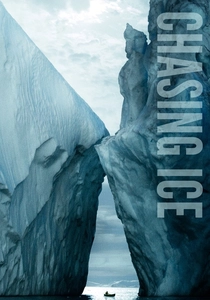
Chasing Ice (2012)
Description: This film documents the work of photographer James Balog and his Extreme Ice Survey, capturing the dramatic changes in glacier ecosystems due to climate change.
Fact: The time-lapse footage of glaciers melting is both visually stunning and scientifically significant.
 Watch Now
Watch Now

The Great Barrier Reef (2012)
Description: This documentary series dives into the world's largest coral reef system, revealing its vibrant ecosystems and the threats they face from climate change and human activity.
Fact: The series was filmed over two years, capturing the reef's beauty and its struggles.
 Watch Now
Watch Now
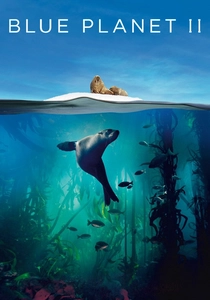
Blue Planet II (2017)
Description: This sequel to the groundbreaking "Blue Planet" series explores the world's oceans, showcasing the myriad of life forms and the ecosystems they inhabit. It's a visual feast that highlights the beauty and fragility of marine environments.
Fact: The series took over four years to film, involving more than 125 expeditions across 39 countries.
 Watch Now
Watch Now

The Serengeti Shall Not Die (1959)
Description: One of the earliest wildlife documentaries, it focuses on the Serengeti ecosystem, showcasing the efforts to protect it from poaching and development.
Fact: This film was one of the first to raise global awareness about wildlife conservation.
 30 Days Free
30 Days Free

Virunga (2014)
Description: This documentary explores the Virunga National Park in the Democratic Republic of Congo, showcasing the park's rich biodiversity and the ongoing efforts to protect its ecosystems amidst political turmoil.
Fact: The filmmakers faced real danger while documenting the park, including an attack on their camp.
 30 Days Free
30 Days Free
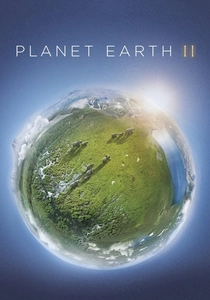
Planet Earth II (2016)
Description: Following the success of "Planet Earth," this series delves into the lives of animals in their natural habitats, focusing on the challenges they face in various ecosystems, from jungles to deserts.
Fact: The series used innovative technology like drones and ultra-high-definition cameras to capture never-before-seen footage.
 30 Days Free
30 Days Free

The Ivory Game (2016)
Description: Focused on the illegal ivory trade, this documentary indirectly explores the impact on African ecosystems, particularly the savannahs and forests where elephants live.
Fact: The film was co-produced by Leonardo DiCaprio, who has been an advocate for wildlife conservation.
 30 Days Free
30 Days Free

